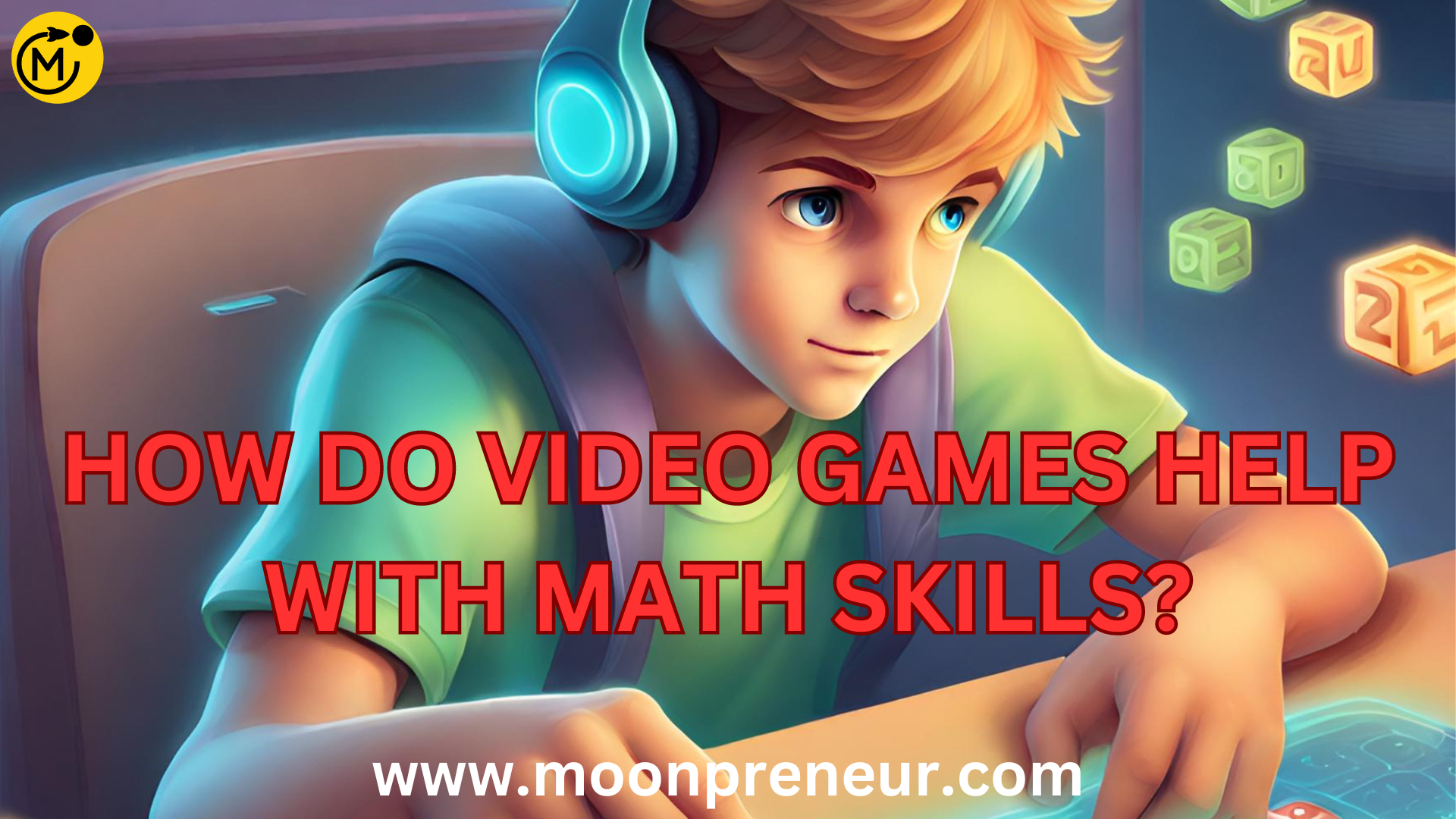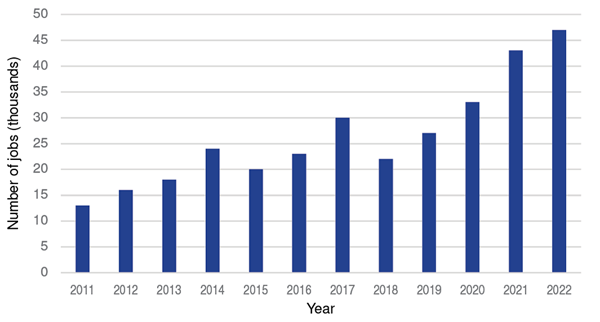
Update: This article was last updated on 27th February 2024 to reflect the accuracy and up-to-date information on the page.
Video game playing causes no harm to young children’s cognitive abilities, a study finds according to the research report published by Science daily.
When kids hear the word “games,” their brains light up like a Christmas Tree with excitement and motivation to take on a challenge rather than cowering in fear at the thought of a boring old subject. Do you know children’s love of games can help them improve their math skills?
Believe it or not, studies have shown that certain video games improve spatial reasoning and mental rotation abilities, which are essential for understanding tricky concepts like geometry and algebra. Additionally, video games help foster problem-solving and critical-thinking skills because children must apply logic and strategy to progress through levels and defeat bosses. For instance, the puzzle game “Tetris” has been proven to improve spatial reasoning abilities in as little as 30 minutes a day over three months. “DragonBox” can improve algebraic skills.
How are Video Games Improving Math Skills?
Enhancing Cognitive Skills
Video games have been found to enhance a range of cognitive skills, including memory, attention, and perception. Action games, in particular, improve visual-spatial skills, which are essential for geometry and mental rotation.
Playing action video games can also enhance contrast sensitivity, which detects subtle changes in shades of gray, according to a study by JAMA Network Open (2022). This skill is required to accomplish tasks such as reading and driving at night. The study found that participants who played action games showed a significant improvement in contrast sensitivity compared to those who played non-action games.
Problem-Solving Skills
Video games are also great for developing problem-solving skills. Many games require players to solve puzzles and overcome obstacles, which can help develop problem-solving skills, perseverance, and determination. Strategy games, like StarCraft, can improve problem-solving and cognitive flexibility, as well as fluid intelligence, which is the ability to reason and solve new problems.
In these games, players must constantly adapt to changing situations and develop new strategies to win.
Educational Benefits
Children can also apply the benefits of video games to math skills in the classroom. Educators can help make learning more fun and engaging by incorporating video games into math education.
The findings of Chen and Yan (2019) say playing video games has been found to improve cognitive functions and academic performance. The study found that students who played video games performed better in subjects such as math, science, and reading compared to those who did not play video games.
Image Source:https://ima.org.uk/22747/mathematics-in-computer-games
This is a graphical representation of data on how mathematics in computer games is used provided by The Institute of Mathematics and its Applications (IMA).
How Game-based Learning Can Support Strong Mathematical Practices
The social benefit organization MIND Research Institute examines the reasons for the popularity of games and the learning that children can acquire through them. The institute explores how schools can exploit students’ fondness for digital games.
If game-based education is developed effectively, it can tap into students’ natural motivation and enjoyment of play and guide them toward solving intricate problems.
Top video games that can help improve math skills
- Math Snacks – Teaches fractions through gameplay. Players run a food truck and must prepare recipes that require fractions.
- DimensionU – This program uses video games to teach math and language arts. Students create avatars and compete in virtual worlds to solve math problems and complete language arts challenges.
- DragonBox – Designed to teach algebra, it presents algebraic concepts in a fun and engaging way, helping students understand algebraic equations and functions.
- Prodigy – Allows students to practice math skills through adventure-style gameplay. The game adapts to the student’s level and progress, providing a personalized learning experience.
- Minecraft – It teaches geometry and spatial reasoning. Players can build and design structures, which requires them to use geometric concepts such as Symmetry and angles.
Conclusion
Video games have been shown to enhance cognitive skills, including math skills, memory, attention, and problem-solving. Action-based or problem-solving games are particularly effective in improving these skills.
Math-based games can also make learning more enjoyable and motivate students to practice their math skills. Incorporating video games into math education can help bridge the gender gap in math and provide equal learning opportunities for all students.
Moonpreneur is on a mission to educate and ignite the flames of entrepreneurship through our holistically created online STEM programs, which will help kids master the futuristic sciences such as Robotics, Game Development, App Development, Advanced Math, Math-Quiz to test your kids knowledge, and much more!!
Register for a free 60-minute robotics workshop today!





















As a mother of an 8 year old boy give me some additional tips on how to choose video games that can help him with math skills?
When choosing video games for your children, look for games that:
Are appropriate for their age and developmental level.Are educational and challenging, but not too frustrating.Require players to use their problem-solving skills and spatial reasoning skills.
How can I get the most out of video games for math learning in my children?
Here are a few tips:
Play video games with your children and talk to them about the math concepts that the games are teaching.Encourage your children to use their math skills to solve problems in the games.Help your children to find video games that are appropriate for their math level and interests.